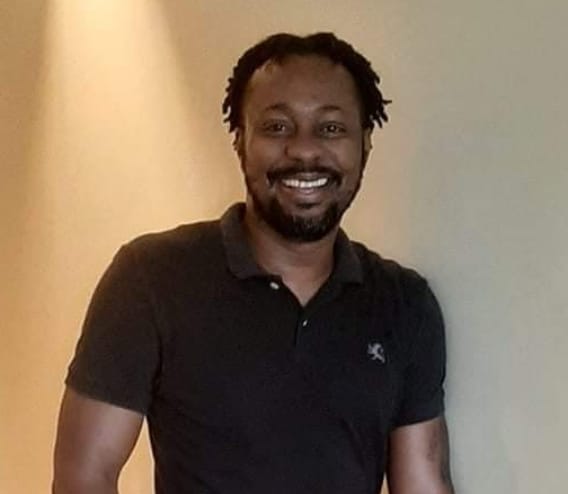The Caribbean Regional Network of People Living with HIV and AIDS (CRN+), through a grant from the Caribbean Vulnerable Communities Coalition (CVC) with funding from The Global Fund, embarked on a community volunteer programme through learning exchanges. The Learning exchanges focused on increasing the knowledge of CRN+ network members in various areas such as finance and accounting, programme management, fundraising, monitoring and evaluation and more. Participants included CRN+ affiliates from four (4) countries, including Belize, Guyana, the Republic of Trinidad and Tobago, and Suriname.
The exchanges were not limited to theoretical learning but also included practical preparation and execution of tasks in the focus areas.
Mr Jason Shepherd, Project Coordinator, CRN+, emphasized that the Region is still recovering from the impact of COVID-19; hence every sector must adapt, change and remain relevant. “Civil Societies Organizations (CSOs) and non-profits are not an exception”, added Mr Shepherd.
He further explained that the learning exchanges focused on preparing CSOs to operate efficiently, even in the face of significant changes. “The activity aimed to help CSOs become more adaptive and agile as they respond to challenges in the post-COVID environment,” stated the Project Coordinator.
Accountability formed a significant portion of the learning exchanges. CSOs were exposed to knowledge and activities to enhance their skills in effective monitoring and evaluation practices. In addition, participants were encouraged to share the knowledge gained with other networks to achieve the organizational strengthening of all CSOs serving People Living with HIV (PLHIV).
“CRN+ will continue to invest in knowledge transfer and learning exchanges to build a highly effective group of networks that go beyond to empower PLHIV ”, stated Mr Shepherd.











